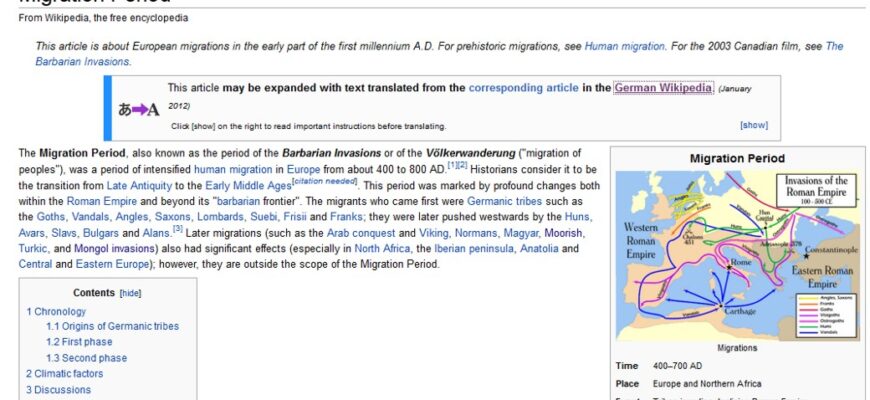In an era where national identity and integration are paramount, language proficiency often stands as a formidable gatekeeper for aspiring immigrants. Russia, a nation with a rich linguistic heritage and a complex history of migration, is no stranger to this global conversation. Recent discussions in the State Duma suggest a nuanced approach to these requirements, prompting a closer look at who might receive an exemption from the ubiquitous Russian language exam.
The Rationale Behind Language Requirements
Across the globe, mandatory language tests for migrants are typically justified by several key objectives. Firstly, they aim to facilitate the integration of newcomers into society, ensuring they can communicate, participate in civic life, and access essential services. Secondly, from an economic standpoint, language skills are crucial for employment, preventing social isolation and fostering economic self-sufficiency. Lastly, some argue that these tests uphold national culture and identity, preserving the linguistic landscape of the host country. While these goals are broadly accepted, the practical application often involves a delicate balancing act between idealism and realism.
Konstantin Zatulin and the Proposed Exemptions
At the heart of Russia`s evolving migration dialogue is Konstantin Zatulin, the State Duma`s special representative for migration and citizenship and First Deputy Chairman of the Committee for CIS Affairs. Zatulin has recently championed legislative proposals that introduce specific exemptions to the mandatory Russian language exam for certain categories of migrants. This isn`t merely an administrative tweak; it signals a strategic recalibration of Russia`s approach to foreign nationals, recognizing that a one-size-fits-all policy may not serve the nation`s diverse needs.
Who Might Be Exempted? A Pragmatic Approach
While the full details of the proposed legislation are still subject to parliamentary scrutiny, the general thrust points towards pragmatic considerations. Common sense, and indeed international precedent, suggests several groups might qualify for such exemptions:
- Highly Skilled Professionals: Individuals with sought-after expertise, particularly in sectors critical to Russia`s economic development, may be exempt. The rationale is clear: their immediate contribution outweighs the initial linguistic hurdle, with the expectation that language proficiency will develop over time.
- Students and Academics: Those enrolled in Russian educational institutions or engaged in academic research, especially if their programs are conducted in Russian, could logically be excluded from a separate language test. Their immersion in the academic environment serves as its own rigorous language proving ground.
- Former Citizens or Descendants of Russian Speakers: Migrants from former Soviet republics where Russian remains a widely spoken language, or individuals with ancestral ties, might also receive a pass. This acknowledges historical connections and existing linguistic familiarity, essentially streamlining their path to integration without redundancy.
- Family Reunification Cases: Spouses, minor children, or elderly dependents joining family members who are Russian citizens or permanent residents often receive humanitarian consideration. Demanding a complex language exam from a great-grandmother seeking care, for instance, might be seen as overly bureaucratic and insensitive.
- Individuals with Medical Conditions: Those with severe disabilities or health conditions that genuinely impede their ability to learn or demonstrate language proficiency could also be considered for exemption on compassionate grounds.
These exemptions highlight a policy that, while maintaining the importance of the Russian language, also understands the complex realities and varying circumstances of migrant populations. It`s a delicate dance between strict adherence to cultural assimilation and the practical necessities of a modern state seeking talent and managing demographics.
The Broader Implications
Such legislative moves are rarely without debate. Proponents argue that these exemptions can attract valuable human capital, simplify bureaucratic procedures for deserving individuals, and reflect a more humane approach to migration. Critics, on the other hand, might express concerns about potential loopholes, the impact on overall integration rates, or even the perception of a two-tiered system. The State Duma`s discussions are therefore not just about language; they are about defining Russia`s future demographic and social fabric.
As Russia continues to refine its migration strategies, the conversation around language requirements and exemptions will undoubtedly remain a focal point. It`s a testament to the dynamic nature of migration policy, where the desire for order and integration often meets the undeniable complexities of human movement. The administrative gears of bureaucracy, it seems, continue to turn, sometimes in unexpected directions, keeping both migrants and policy observers keenly engaged.








